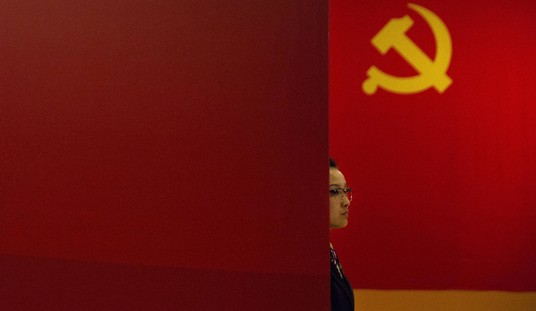Having solved all other problems in the nation and halted the rising of the oceans, Barack Obama will turn his attention to a pressing issue during his final few months in office… people smoking in public housing. While concerns over the health effects of smoking remain an obvious topic of public debate, particularly in public spaces, this conversation deals with what people do in the privacy of their own homes. The conversation quickly becomes complicated, but advocates for the homeless and low income, inner city residents in particular are not thrilled with the proposal. (The Hill)
Homeless advocates and public health officials are squaring off over a controversial Obama administration proposal to ban smoking in government-assisted housing projects.
The smoking ban has drawn praise from health officials who say it would spare non-smokers from the dangerous effects of secondhand smoke. But homeless advocates are enraged by the proposal, which they fear could force low-income residents who can’t kick the habit out of their homes.
“We are extremely concerned that this rule will create additional homelessness,” said John Lozier, executive director of the National Health Care for the Homeless Council.
“Our primary concern about this policy is the fate of those who are unable to quit smoking and are evicted for this lease violation,” he added. “Evictions create homelessness.”
The government control versus private enterprise aspect of this story makes it complicated. On the one hand there is the idea of real estate owners controlling what takes place on their own property. If we’re talking about a privately owned apartment complex, the idea of a smoking ban in one’s own place of residence may rankle the renters, but the owner does control many aspects of how a rental is used. Landlords can legally impose all sorts of restrictions which can violate a lease and lead to eviction, including driving nails into walls, repainting, keeping pets or any number of other things which could result in damage. Smoking leads to a build up of nasty residue on the walls and ceilings which would need to be cleaned when the apartment is vacated, so you can make the argument that the landlord could control that as well.
But this is the government acting as a landlord and the reasons being given have to do with public health and safety rather than maintenance of the property. We’re immediately brought back to the same old discussion of whether or not Uncle Sam truly believes that tobacco is an evil which needs to be purged from society. If they feel that smoking is a danger to the public at large rather than a risk incurred by the individual user then they should be taking action to eliminate it entirely. Instead, they use tobacco (as well as alcohol) as a wagon to be loaded up with sin taxes, trying to fill government coffers with cash on the backs of those who who are generally the victims of the plague.
So if you’re not going to make it illegal to smoke cigarettes in the interest of public health, then how do you justify where and when someone can partake in the activity? And even if you justify the “where” portion of it for public spaces where others can be affected, how do you claim that same ability to restrict the action inside a person’s own castle? No other person is being forced to visit the smoker’s apartment and what the renter does in the privacy of their own home would not seem to fall under any public health concern. There’s also the argument of the homeless advocates to consider. Not everyone is able to kick the habit, and I seem to recall that it took Barack Obama a long time to manage the feat himself. Are the poor to be kicked out into the streets because they can’t stop smoking? This is some grand political posturing on the part of the President but it rings hollow in terms of the explanation, particularly for a man who has a history of struggling with nicotine addiction himself.









Join the conversation as a VIP Member